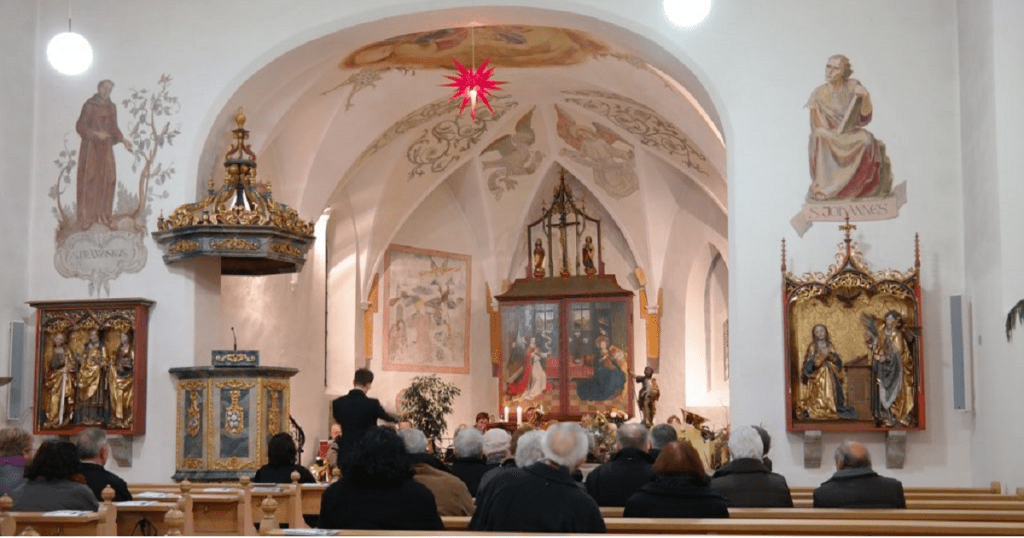
A recent article by Peter Feuerherd in the series “The Church as Field Hospital” got me thinking about what is a pastor worth. And as I thought about it I also wondered what people ought to legitimately expect from a pastor.
The article begins…
The buzz went around a small-town parish in the Pacific Northwest early this year.
The young pastor wanted to go back to school, with the recommendation of the Seattle archdiocese, to learn how to be a better leader. The cost: $12,000.
The money would go to the Catholic Leadership Institute, which runs training programs for clergy and parish staff and leaders. According to its website, 91 dioceses have participated in its programs along with 2,329 priests and 13,740 parish and diocesan staff. Last year, Catholic Leadership Institute pulled in $6.9 million in revenue and spent $5.6 million in seminars and training.
Its bishop advisory panel reads like a who’s who of the U.S. hierarchy. Included are Cardinal Sean O’Malley of Boston and Archbishops Jose Gomez of Los Angeles and Gregory Michael Aymond of New Orleans. Catholic Leadership Institute, founded 21 years ago by businessman Timothy Flanagan, bills itself as “the only Christ-centered, Catholic formational leadership training organization in the U.S.” Flanagan began the organization after attending a corporate retreat in New Mexico, inspired to take what he learned about business to parishes.
Is it worth the investment?
Current president Matthew Manion told NCR, from the group’s Wayne, Pa., headquarters in the Philadelphia suburbs that Catholic Leadership Institute, “helps the church more effectively grow its mission.”
Fr. Gary Kastl, pastor of St. Anne Church in the growing Tulsa suburb of Broken Arrow, Okla., says the training made him a better pastor.
Among other things he said…
“It gave me the ability to have a vision of where we wanted to go.”
Catholic Leadership Institute training, said Kastl, focuses on nurturing laypeople, who are the parish’s permanent participants, with the opportunity to assert leadership. “At the end of the day, I will move on,” said the pastor, noting that his tenure as pastor at St. Anne’s will be term-limited, a routine part of life in most dioceses.
Such training is necessary, according to the 35-year-old pastor, because the on-the-job training process as an associate for new priests has been truncated and seminary education cannot offer the preparation for the administrative challenges pastors face leading what are in effect medium-sized businesses. Because of the lack of clergy in most dioceses, newly-ordained priests are becoming pastors within three years of ordination, a process that previously could take a decade or more.
Catholic Leadership Institute training is less focused on budgetary issues, and more on what Kastl describes as “the science and art of leadership.” Much emphasis is placed on developing leadership within the parish, and on emphasizing the importance of preaching to reach those parishioners who have demands on their time on Sunday mornings.
“There is no program out there that is the be all and the end all,” said Kastl. But Catholic Leadership Institute “offers practical and concrete tools. I would recommend it hands down.”
[Peter Feuerherd is a professor of communications and journalism at St. John’s University in New York and contributor to NCR’s Field Hospital blog.]
Some questions to think about…
- What training has your pastor had?
- What are your expectations of your pastor?
- Would you be willing to send your pastor?
- What questions would you have about this program and its assumptions?





0 Comments